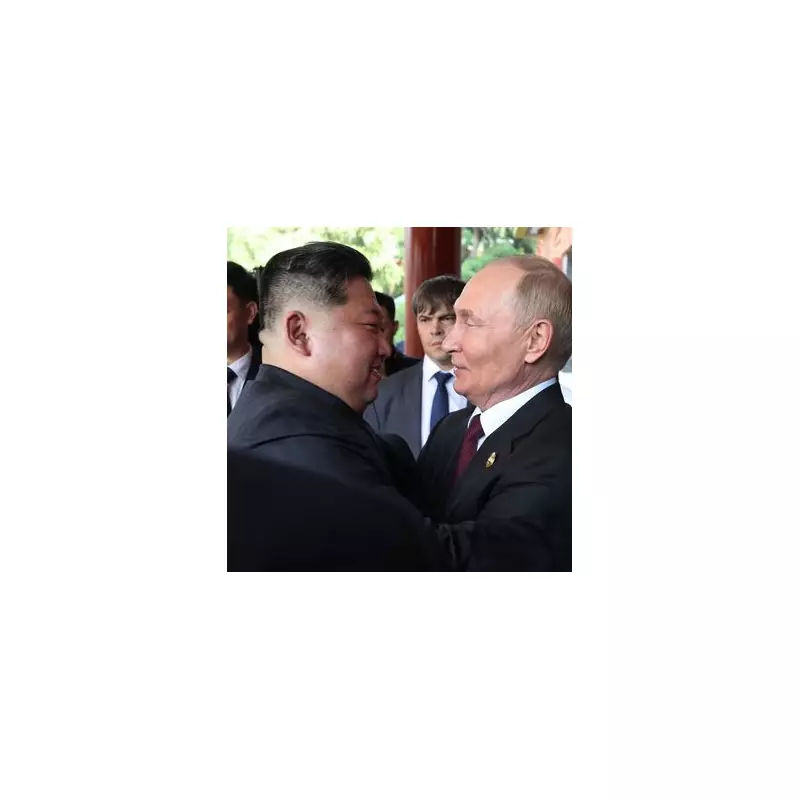
In a move that has sent shockwaves through diplomatic circles, Vladimir Putin has embarked on a highly provocative tour of North Korea and Vietnam, cementing a formidable new alliance with fellow autocrats Xi Jinping and Kim Jong Un.
The Russian leader's visit to Pyongyang—his first in 24 years—resulted in the signing of a sweeping strategic partnership pact with Kim Jong Un. This agreement ominously pledges mutual military assistance if either nation is attacked, effectively resurrecting a Cold War-era defence commitment that had lapsed since the Soviet Union's collapse.
A New Axis Takes Shape
Security analysts are sounding the alarm about this emerging 'authoritarian axis' explicitly designed to counter Western influence and NATO's global reach. The pact represents Moscow's most significant move to build alternative alliances since its invasion of Ukraine began.
Putin's subsequent visit to Vietnam, another historical Soviet ally, further demonstrates Russia's determined pivot toward Asia as Western sanctions continue to bite. The Kremlin strongman received a red-carpet welcome in Hanoi, complete with a 21-gun salute, underscoring the strategic importance both nations place on this renewed partnership.
Western Reaction and Growing Concerns
NATO Secretary General Jens Stoltenberg has expressed grave concerns about the emerging alliance, particularly highlighting how North Korean munitions are already killing civilians in Ukraine. "The closer Russia aligns with North Korea, Iran, and China, the more it destabilises global security and undermines the rules-based international order," Stoltenberg warned.
The United States has similarly condemned the growing partnership, with a State Department spokesperson noting that no country should help Putin's "war of aggression" in Ukraine. The development poses particular challenges for regional security in Asia, where North Korea's nuclear ambitions and China's expanding influence already create significant tensions.
What This Means for Global Security
This new alliance represents more than just symbolic cooperation between pariah states. Experts warn it could lead to:
- Enhanced weapons technology transfers between Russia and North Korea
- Increased coordination in cyber warfare capabilities
- Joint military exercises challenging Western naval presence in the Pacific
- Strengthened economic ties circumventing international sanctions
As Putin consolidates these relationships, the geopolitical landscape appears to be shifting toward a new era of great power competition, with authoritarian regimes increasingly willing to challenge the post-Cold War international order.





